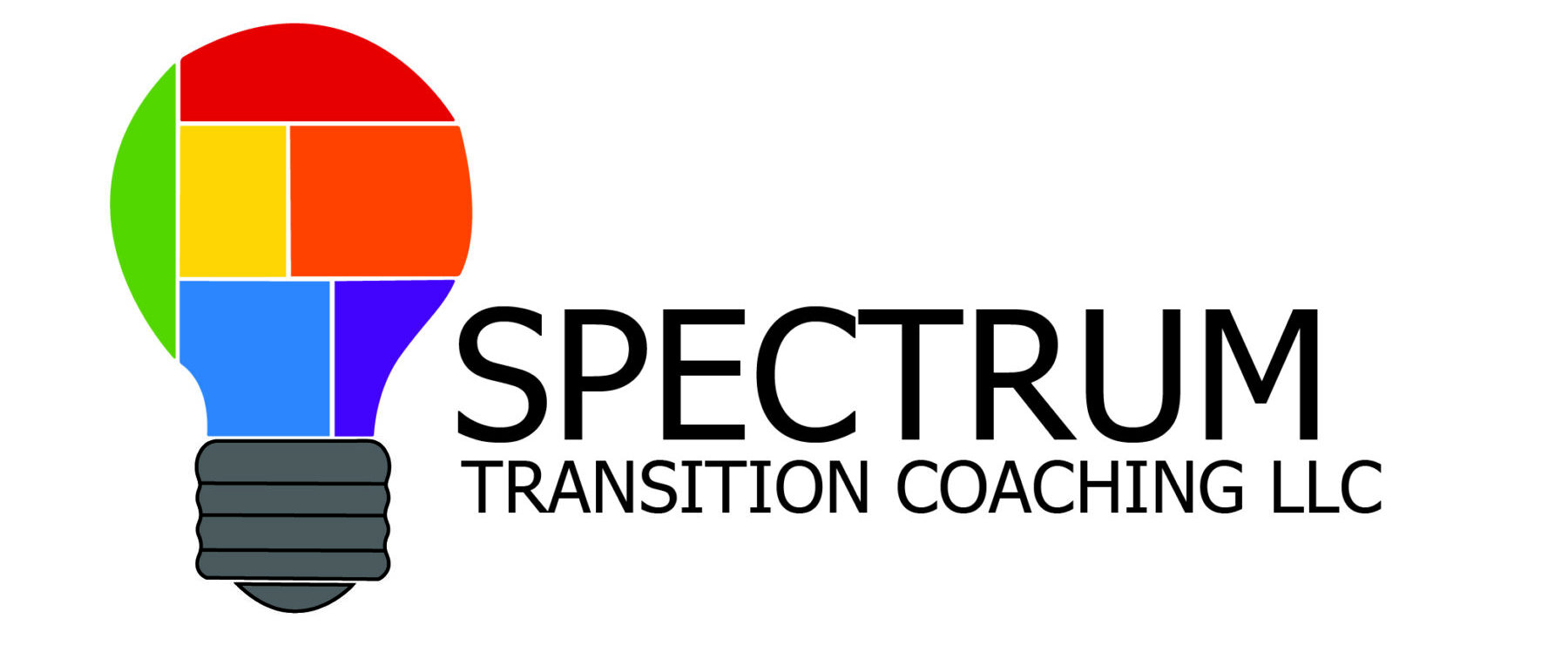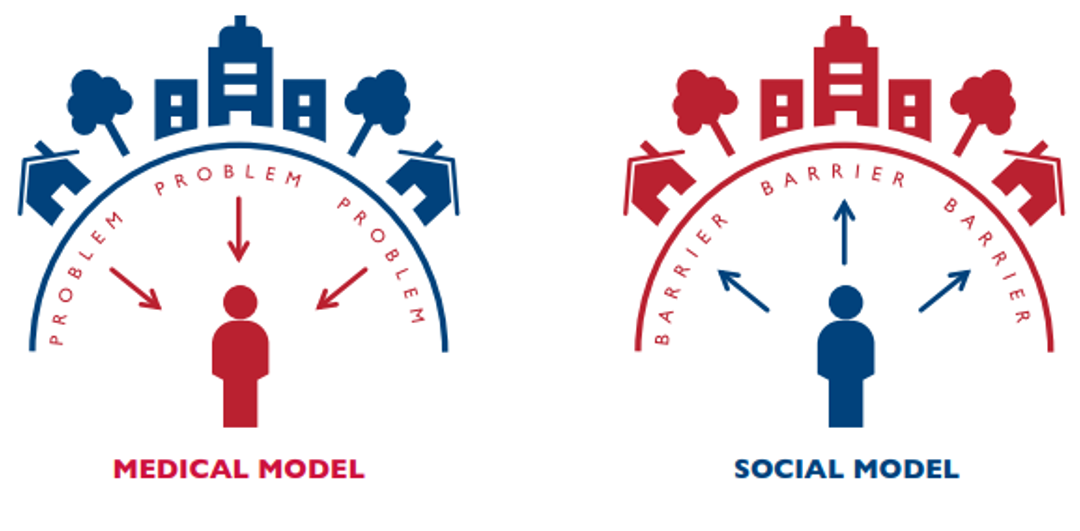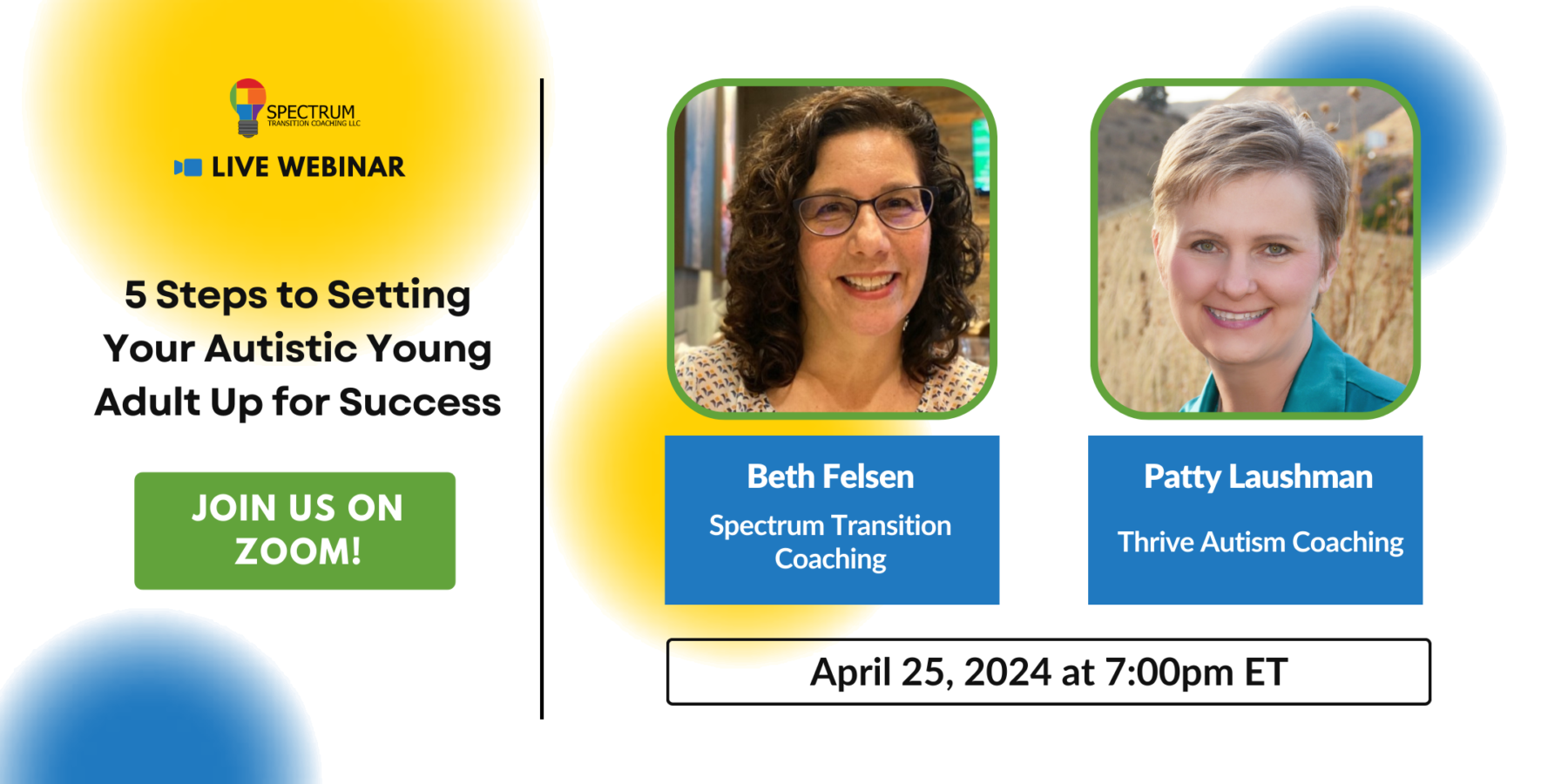April marks Autism Acceptance Month! This is the 4th year since the shift from ‘Autism Awareness’ to ‘Autism Acceptance,’ a meaningful change focused on celebrating differences.
When we dig deeper into the framing of our views on autism and neurodivergence, we find a fascinating discussion of different models of disability. Let’s discuss two common models and the place each can serve in building full, rewarding lives for autistic people.
The Medical Model
When we look at disability through the medical model, “disability is perceived as an impairment in a body system or function that is inherently pathological” (American Psychological Association). Like the name suggests, the medical model relies on medical professionals with clinical training to guide the diagnosis and treatment of the disability.
The problem with the medical model is that neurodivergence is not a medical issue to be cured. Rather, neurodivergence is a different way of being. If we treat any form of neurodivergence through this frame alone, we risk causing harm to the individual. Rather than embracing their unique neurodivergence, emphasis on the medical model may cause a neurodivergent person to focus on the difficulties that they keep hearing doctors and medical experts discuss about them.
Despite its shortcomings, the medical model guides how neurodivergent adults access reasonable accommodations at work and school. “Under the ADA, employers are only required to provide accommodations for employees who are experiencing workplace problems because of a disability. Therefore, unless you let your employer know that you have a disability, the employer is not obligated to consider accommodations under the ADA (AskJAN).
Of course, modern medicine has its place in building a life where a neurodivergent person thrives. But relying on the medical model alone falls short.
The Social Model
In the social model, “disability is believed to result from a mismatch between the disabled person and the environment (both physical and social). It is this environment that creates the handicaps and barriers, not the disability” (American Psychological Association). Instead of focusing on ‘fixing’ the person with the disability, within the social model the focus is on fixing the environment to allow all types of people to thrive whether they are built different physically, mentally or emotionally.
“If the Social Model of Disability was applied to our society, the focus would no longer be on expecting the neurodivergent person to perform to neurotypical standards in order for them to access society” (Disability Wales). As we continue to learn more about neurodivergence, learning differences and mental health, more and more people will be affected by these differences and we’ll need to make societal changes to make the activities of daily living accessible across all of these differences.
The social model combines disability with other aspects of identity like race, gender, religion, etc. It is one aspect of the person, not the defining characteristic about them. This model also centers on the individual to guide the experience (i.e. working with wheelchair users on how to make buildings more easily accessible) rather than relying on experts who have not experienced these differences firsthand.
Going Further
These frames will continue to evolve as we learn more and become more inclusive as a society. One change we may see is replacing ‘disability’ with ‘difference’ in all of these models.
We have a long way to go to build a culture that allows all types of individuals to thrive in school, work, family life and recreation. This type of systemic change takes time, but I am encouraged by recent developments including:
- Neurodiversity Network: Universities with initiatives to support the neurodiverse campus community including University of Massachusetts, William & Mary, University of Missouri, University of North Texas and the Stanford Neurodiversity Project.
- Neurodiversity Hub: Promoting neurodiversity efforts in the workforce including training programs, internships and full-time employment at notable companies including Deloitte, EY, Fidelity, HP, Freddie Mac, USBank and Warner Brothers.
- Cohome and other neurodiversity-affirming living arrangements: With programs focused on independent living and building community, there are more and more ways for neurodivergent adults to live independently.


